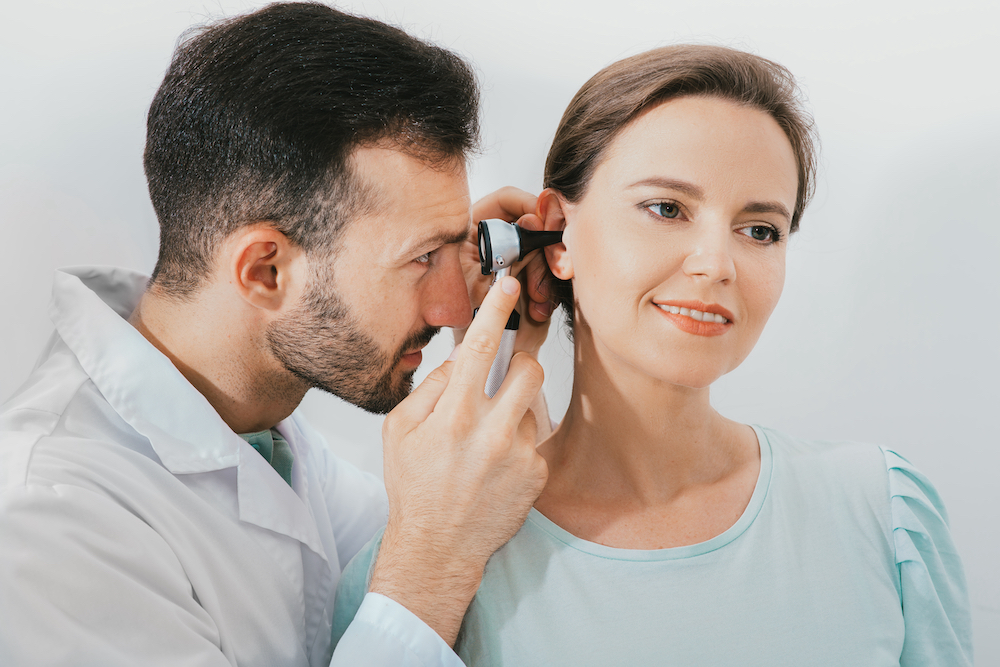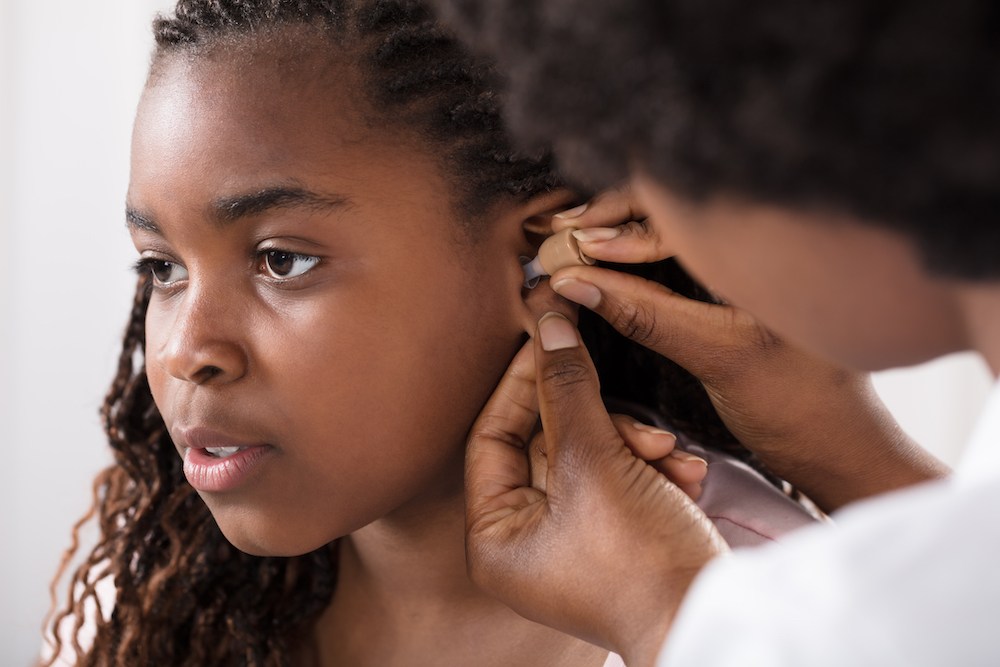What Young Adults Should Know About Hearing Protection
Hearing protection might not be something most young adults think about,
We’re Hiring! Click Here to Learn More About Our Career Opportunities →

Many research articles have suggested that a large percentage of the American population has experienced tinnitus. But what is tinnitus? Simply put, tinnitus can be described as the hearing of phantom noises. This means that you may be hearing various sounds even though they are not there! People experiencing tinnitus usually complain of hearing a ringing, hissing or buzzing sound. Others have also complained of hearing clicking or roaring sounds
These sounds vary in loudness and could be for a short while or last an entire day. Tinnitus can interrupt your daily activities, causing you to miss out on social functions or enjoy your quality of life. Despite this, many people are unaware of tinnitus's causes, symptoms and treatment. This article is a quick guide to understanding tinnitus.
Tinnitus is a sensation whereby one hears ringing, chirping, buzzing or roaring in the ear. These are known as phantom noises as no one else, but the person experiencing them can hear them. A common misconception is that tinnitus is a sign of hearing loss. However, studies have shown that although this sensation is associated with hearing loss, it does not cause the actual loss.
However, it is important to note that tinnitus is not a disease. Instead, it is a symptom of an abnormality occurring in one’s auditory system.
There are numerous causes of tinnitus. However, a major cause of this condition is prolonged exposure to high-volume sound. This can be due to occupations, such as construction workers, carpenters and musicians
Certain medications can also cause tinnitus. Scientists have noted that medications such as antibiotics, aspirin, tricyclic antidepressants and anti-inflammatories can cause this ear condition
Other causes of tinnitus include
The symptoms of tinnitus, as mentioned above, include a ringing, roaring, hissing, buzzing or clicking sensation in the ear. In some cases, you may hear these sounds, but it is not a cause to panic as it may not be anything too serious.
However, you should consider visiting your audiologist immediately if you experience any of the following
Fortunately, there are various ways people experiencing tinnitus can be alleviated from the effects of the condition to enjoy a fulfilling and stress-free life. Here are a few tinnitus treatments you can explore.

Hearing protection might not be something most young adults think about,

Hearing loss usually starts gradually, making it hard to notice right

Choosing the right hearing aid for your needs is about more than just